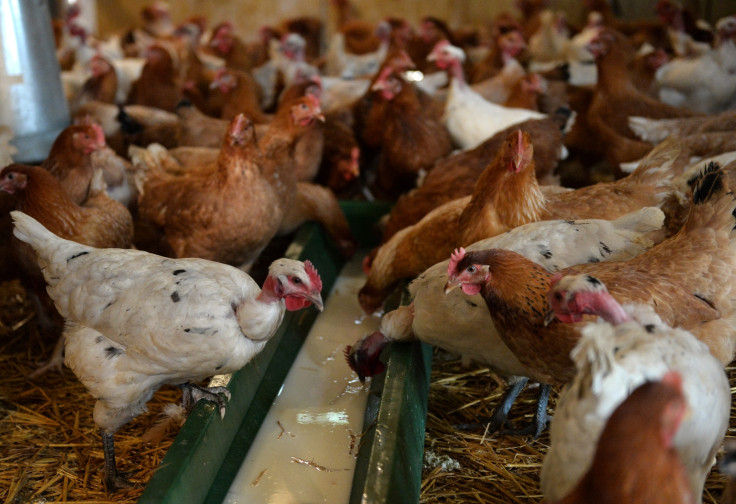What is the difference between free-range, organic and barn eggs – and are any ethical?
The meaning of free-range isn't as simple as it sounds.

It's Shrove Tuesday – the day when many of us use up our eggs, milk and flour to make stacks of pancakes. Thanks to welfare campaigns and better awareness of where our food is coming from, many of us try to buy ethically-sourced eggs to ensure they don't come from battery hens, but with such a wide variety of choice, from value to organic to free range, it's difficult to know the difference.
Millions of UK eggs are set to lose their free-range status after hens were forced to be kept inside barns to prevent the spread of bird flu. Under European Union rules, eggs laid by birds that have been housed for more than three months cannot be marketed as free range. BIrd flu is contagious and can be fatal to flocks.
What are free-range eggs?
Free-range hens conjure an image of healthy birds roaming meadows freely, but this isn't always the case. In some countries, free-range eggs are produced by birds which may or may not be allowed outside.
In the UK, around half of all eggs produced are free-range, meaning the hens have access to outdoor runs and around four square metres of outside space per bird.
At night, free-range birds are housed in barns, with nine hens per square metre. There is no limit on the size of the flock allowed, which welfare activists say can be exploited by farmers. Beak trimming, aimed to reduce injury by pecking, is commonly practiced.
What do the new free-range egg stickers mean?
New stickers have been appearing on egg boxes stating the hens that laid the eggs have been kept in barns temporarily "for their welfare". This was to let consumers know the birds had been kept inside during the bird flu outbreak. In December 2016, DEFRA, the government's Department for Environment, Food and Rural Affairs, ordered farmers to keep egg-laying hens inside to prevent the disease spreading.
What is beak trimming?
Beak trimming is carried out on hens in flocks to reduce the damage caused by pecking, which involves a hen pulling and pecking at another hen's feathers, resulting in feather loss and potentially injury, cannibalism or death. Hens with trimmed beaks can still inflict injury on other hens. Pecking suggests a flock is frustrated and stressed in its environment. The RSPCA states it is important to improve the way hens are kept, than to employ beak trimming.

What are organic eggs?
Organic free-range hens enjoy more access to outdoor space than just free-range hens, with up to six birds per square metre and a maximum flock-size of 3,000. Under Soil Association rules, beak-trimming is not allowed. Organic hens are fed an organic diet.
What are caged eggs?
Extremely cramped battery cages were banned in 2012 in the EU, but animal activists state the new "enriched" cages are still not ethical. Some of the cheapest eggs are caged, such as value-range eggs in supermarkets. Beak trimming is common and the hens have limited space to move around. Enriched cages, which hold up to 90 birds, were designed to allow hens to perform their natural behaviours, so they include a small nesting area, a perch and a small area for scratching. The RSPCA doesn't believe the cages meet the needs of hens.
What are barn eggs?
Barn hens live in larger barns and can freely move around inside, but cannot go outside. Hens can use perches for roosting and material is provided for the birds to dustbathe and forage. Some barn systems are "multi-tier" – which means the birds have more levels above the ground.
© Copyright IBTimes 2025. All rights reserved.





















